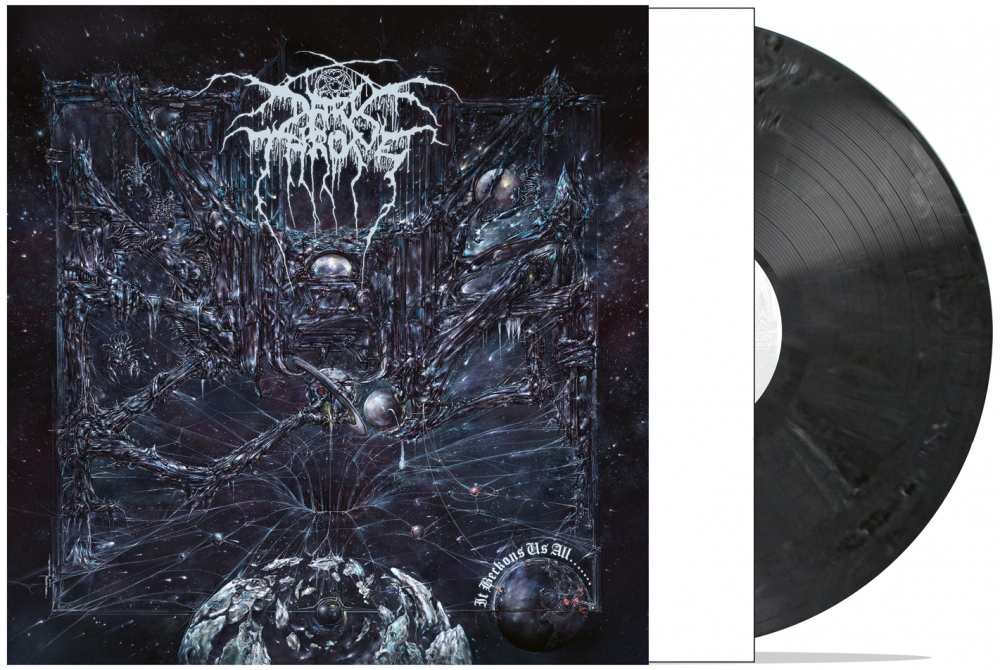
It’s not always easy being a Manic Street Preachers‘ fan, but it is incredibly rewarding. One of the most fiercely intelligent bands of the 90s, not to mention one of the most mercurial, The Manics have spent their career quietly shifting from record to record and, while fans will disagree mightily over which records are the best, they have managed to amass a catalogue of fourteen records, where no two sound the same. Which is not to say that the Manics have avoided missteps. Few would argue, for example, that the cold, art-pop of Lifeblood is a personal favourite; but the band have never rested on their laurels, seemingly maintaining a sense of curiosity that makes each new album a genuine experience. However, if I have learned anything over the years, it is never to dismiss a Manics album on first listen. Few of the band’s records, certainly post-Everything Must Go, have been instant, with the band crafting pieces that both require and reward patience in equal measure. This is certainly the case with The Ultra Vivid Lament, a subtle, slow-burning record that casts nods in the direct of This Is My Truth Tell Me Yours and even Lifeblood, whilst maintaining the lyrical fire for which the band are justly revered.
The album opens in familiar, expansive territory, with the track Snowing In Sapporo. Caught between the slow-moving beauty of Truth… closer SYMM and The Cure, the track manages to be both vibrant and yet riven with nostalgic melancholy at the same time, a trick the Manics arguably perfected on Everything Must Go, but only sporadically employ lest it become worn with overuse. As a case in point, the Manics adjust their posture for Orwellian, juxtaposing incredibly bleak lyrics with an addictive pop melody that is more Abba than Archives Of Pain. A brilliant track, it highlights the fact that, whilst many may miss the abrasiveness of the Manics at their angriest, it is a far more subversive act to place such lyrics at the heart of the mainstream.
The Manics have a long history of guest appearances and, for The Secret He Had Missed, Julia Cummings duets with James Dean Bradfield on a track that feels like the spiritual successor to Your Love Alone. In contrast, the Manics unveil a strong Elton John influence on the piano-led Quest For Ancient Colour, only to suddenly throw a boat load of incongruous Queen riffs into the mix, making you wish they’d employed a touch more restraint in the track selection. Fortunately, the lyrical sting of Don’t Let The Night Divide Us is waiting in the wings, the band employing a similar approach to Orwellian and carving out a perfect little pop song in the process. It draws to a close in a flurry of guitar-fuelled pyrotechnics, leaving the band to turn the lights all the way down on Diapause, a subtle, airy piece which sees the band introducing some reverb-drenched post-rock elements for good measure. It’s one of the album’s stand-out tracks, and a moment of genuine beauty.
With the synths remaining firmly to the fore, Complicated Illusions is a laid-back piece that nods to the calmer side of Know Your Enemy. It’s not a bad track, but it’s not terribly memorable and it’s soon eclipsed by the taut acoustic strum of Into The Waves Of Love which, with its uncluttered production, feels light and breezy; a feeling emphasised by James’ surf guitar licks. Next up, one of the most perfect pairings of the Manics’ career sees the band joined by the legendary Mark Lanegan (ex-Screaming Trees), who lends his world-weary tones to Blank Diary Entry. Beautifully written and played, it’s a piece awash with subtle, echoing guitar noise that slowly seeps out over the acoustic melody, while the pairing of Mark and James is inspired. Happy Bored Alone’s title may recall the hand-printed shirts from the Generation Terrorists days, but the song itself is lighter in tone, despite a brooding, post-punk bassline form Nicky Wire. The album ends with the taut Afterending, a track driven by Sean Moore’s metronomic sense of time-keeping and given life by James’ piano. Like the aforementioned SYMM, it’s the sound of the band quietly seeing themselves out of the door, rather than defenestrating the television set, but it’s a fitting conclusion to an album of gentle sadness as to the state of things in the world today.
The Ultra Vivid Lament is not a Manics album that grabs you by the lapels in the vein of, say, The Holy Bible, nor does it contain the sort of instantly-addictive pop melodies of send Away The Tigers. Instead, its clearest antecedents would be the artier excursions of Truth… and Rewind The Film. It requires a little patience but, amidst the subtle soundscapes and tasteful guest slots, you’ll find that the band’s gift for penning irresistible melodies remains undimmed. An album to be played as the lights burn low, and the thoughts turn to the long-forgotten past, Ultra Vivid Lament is not instant, to be sure, but it retains that heart and soul that have kept fans returning for three decades. 8/10










Leave a Reply